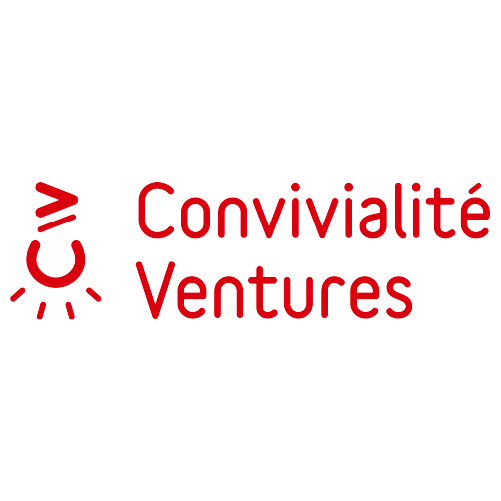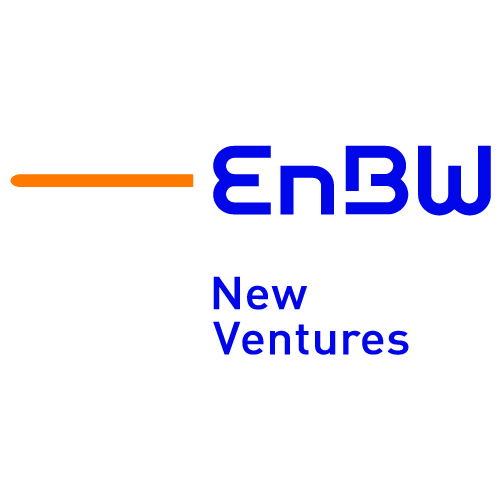Buying into the Transformative Power of Venturing Beyond
May 16, 2024
Interviewed by Nicolas Sauvage on June 22, 2023
Daniel Grubbs, chief venturing and investment officer at PepsiCo, gave TDK Ventures’ Corporate Venturing Insider viewers a perspective on best practices not many have — consulting. Having a strong background in consulting and working with companies of all sizes from early-stage startups to industry giants gave him a set of skills that have proven invaluable in his journey into venture capital. His experience advising companies on strategy, growth, innovation, and analytics was pivotal when he transitioned to PepsiCo, where he joined the emerging brands division.
As a renowned food and beverage organization known for its iconic brands like Quaker Oats, Lay’s, Doritos, Gatorade, and the eponymous soft drink, PepsiCo also is a major player in the dynamic world of emerging brands. Daniel took Corporate Venturing Insider viewers and host Nicolas Sauvage through the transformation.
PepsiCo in the CVC World
When Daniel joined the team, he was entrusted with leading the emerging brand’s division to a $1 billion revenue target for the portfolio within a defined timeframe. Given their ambitious objective, Daniel and his team recognized that conventional approaches would not suffice, and they began exploring not only acquisition targets but also investment opportunities.
“Being an operator of a PepsiCo business entails understanding what’s going on when we look at P&I and when we look at the dynamics of the path,” Daniel said. “So we spend a lot of time in that diligence process with these companies.”
As its venture arm gained momentum, the PepsiCo team recognized the imperative of making it a broader corporate mandate. They aspired to expand their venture endeavors beyond the beverage sector, looking at other capability areas within the mothership. This transition took a significant amount of time and required elegant management of tax considerations, board discussions, and legal intricacies. Seven years later, Daniel’s team has reached its goal, and what began as a specialized unit has evolved into a fully integrated corporate institution.
Finding the Right Balance: Exploration and Exploitation
One of the most significant takeaways from Daniel’s experience is the immense value generated from exploration. He cites corporate officers’ visits to the CVC arm’s portfolio companies. This not only facilitates understanding of the capabilities and technology the portfolio companies are developing but also gives the officers a better understanding of the direction the CVC is headed. It broadens perspectives beyond the confines of their core businesses and, it is hoped, inspires productive synergies between internal business units and startups.
“It’s an understanding that we still have a DNA as a corporation. We still have the backbone of who we are, but it also means we’re exploring,” said Daniel.
He identifies the tendency to focus only on the core business as a common pitfall in the corporate world. While maintaining the core competencies and advantages is of course important for the stability and growth of an organization, it can also create “blinders.” These blinders narrow the company’s vision, focusing efforts only on the path ahead and preventing the team from seeing potential disruptions and innovations on the periphery. Daniel asserts there should be a balance between staying true to the corporate DNA but also venturing beyond.
However, there is a trade-off between exploiting existing business operations and exploring new opportunities. It is a fundamental dilemma that most CVCs face. While exploitation involves optimizing current operations, squeezing out efficiency gains, and maximizing returns from established business models, exploration seeks to blaze new territories, leverage emerging opportunities, and seek out innovative approaches. The challenge lies in finding the right balance between the two contrary activities. Too much focus on exploitation can lead to stagnation, making an organization vulnerable to disruption. Conversely, too much emphasis on exploration can dilute resources and attention, diverting the team too far away from the core business.
“I don’t say buy-in, I say buy into it,” Daniel said.
One way Daniel and his team have found to keep this balance is by asking critical questions: Does a project align with core values and competencies? Is there potential for meaningful value creation? Can the organization realistically enter this space without losing focus on its primary business? Fostering a culture where exploration is prioritized but also guided is extremely valuable. Having clear discussions, aligning goals, and nurturing a strong sense of exploration’s position within the broader corporate strategy can guardrail that balance within your CVC.
The Power of Speedy Investments
One of the primary challenges in startup investing is the need for speed. Opportunities in the startup world are fiercely competitive with multiple players jockeying for the same prize. To seize these opportunities, investors must be able to act swiftly. Daniel highlighted the value of investing from the mothership’s balance sheet because it allows the CVC arm to deploy capital quickly when promising opportunities arise.
But the real reason behind PepsiCo’s ability to move rapidly in the startup space is its investment committee. The team understood that its investment committee should be able to make decisions efficiently and without unnecessary bureaucracy. To achieve this, PepsiCo deliberately designed a small executive-focused committee. Exclusivity ensures that decisions can be reached without paralysis by analysis and debate that sometimes come when larger committees struggle to reach consensus.
“You build champions,” Daniel contended.
While consensus-driven decision-making is a hallmark of many corporate structures, may struggle with how to address contrarian views. Daniel said the fund’s aim is not to ensure a unanimous “yes.” Debate is healthy and allows different viewpoints to be heard. It also signifies an openness to challenge the status quo and explore alternative perspectives. Contrarian views, when given the space to exist, can challenge conventional thinking and lead to innovative game-changing decisions.

 CVCs should strike a balance between staying true to their corporate DNA andcventuring beyond their core business, avoiding the pitfall of becoming too focused on their current path and fostering a culture where exploration is prioritized but guided by clear discussions and alignment with broader corporate strategy.
CVCs should strike a balance between staying true to their corporate DNA andcventuring beyond their core business, avoiding the pitfall of becoming too focused on their current path and fostering a culture where exploration is prioritized but guided by clear discussions and alignment with broader corporate strategy. 


















